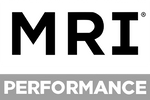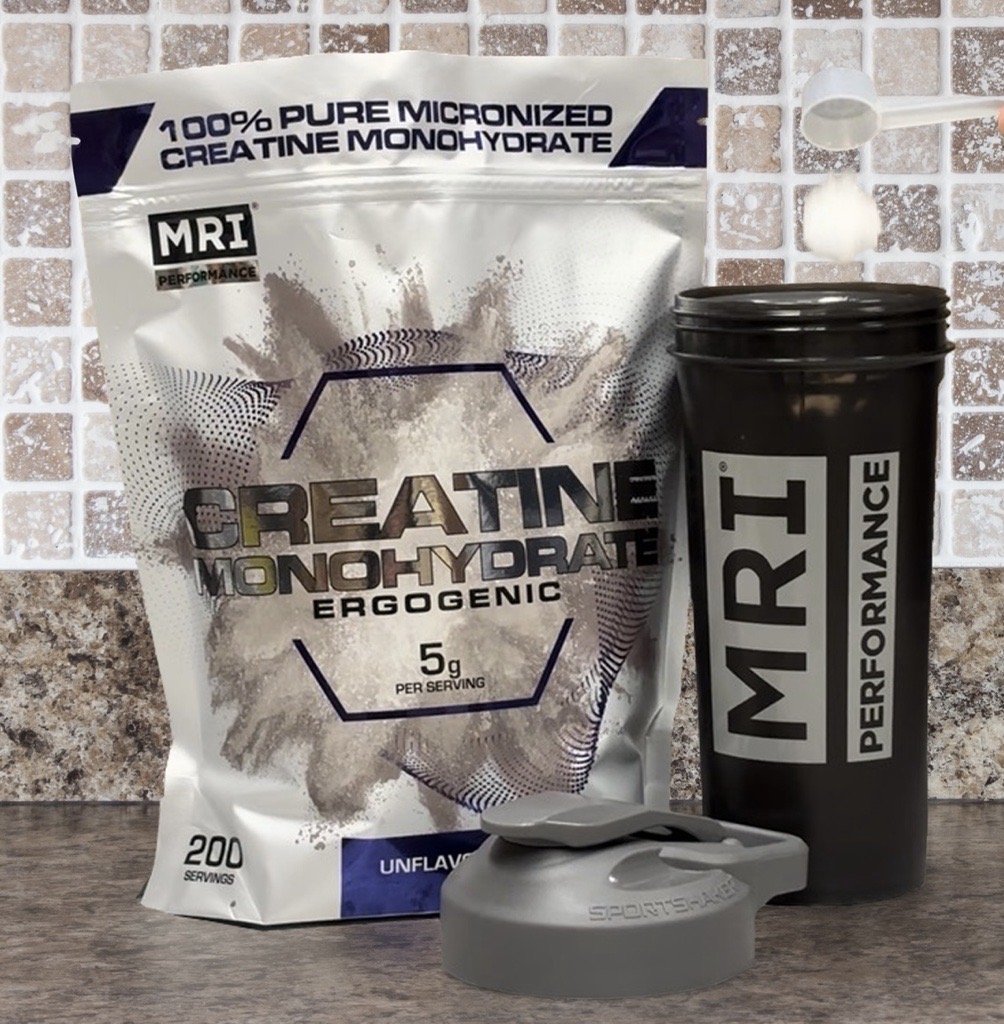How Much Water Should You Drink with Creatine? A Guide for Creatine Monohydrate Users
Posted by Medical Research Institute on 8th Oct 2024
Creatine is a nonessential amino acid that plays a crucial role in our body’s energy production. Found naturally in animal foods and synthesized from protein, creatine is primarily stored in our muscles, where it fuels cellular energy for muscular activity. As one of the most popular fitness supplements, creatine is widely recognized for its ability to enhance strength, promote muscle growth, and boost workout performance.
But there’s an important aspect to consider when using creatine: hydration. You may have heard that taking creatine with water is essential for optimal results, and it’s true. Both insufficient and excessive water intake can significantly affect the effectiveness of creatine, leading to side effects such as dehydration, water retention, and bloating. Despite being one of the most scientifically supported supplements on the market, many still have questions about how much water is necessary to maximize the benefits of creatine. In this blog, we’ll explore the relationship between creatine and hydration to help you make the most of your supplementation
Understanding Creatine and Its Benefits
Creatine plays a vital role in energy production during high-intensity workouts. It helps replenish adenosine triphosphate (ATP), the primary energy source for muscle contractions. By increasing your muscle’s creatine phosphate stores, creatine allows for quicker energy production, enabling you to perform more repetitions and recover faster from fatigue.
However, for creatine to work effectively, hydration is crucial.
Why Is Water Important with Creatine?
Creatine supplementation leads to increased water retention in the muscles, which can cause weight gain. While this might sound concerning, it’s generally a sign that the creatine is working—helping your muscles look fuller and perform better. That said, sufficient hydration is essential to prevent potential side effects like dehydration and heat-related illnesses.
Hydration Risks
According to research from sources like "Nutrition for Health, Fitness, and Sport" by Melvin H. Williams, insufficient hydration can increase the risk of heat stroke and other dehydration-related issues. Therefore, drinking enough water while using creatine is non-negotiable.
How Much Water Should You Drink with Creatine?
Fitness experts vary in their recommendations, but here are some general guidelines:
1. Daily Water Intake: A healthy baseline for water intake is around one gallon (about 3.8 liters) per day for most people. This may need adjustment based on your activity level.
2. Additional Hydration: If you’re taking creatine, you should consider adding an extra 8-10 cups (about 2-2.5 liters) of water daily to your routine, especially during intense workout phases.
3. Monitor Your Body: Stay in tune with your body’s signals. If you feel thirsty or notice signs of dehydration (like headaches or dizziness), it’s a cue to increase your water intake.
4. Be Cautious of Overhydration: While hydration is vital, overconsumption can dilute sodium levels in your bloodstream, leading to serious health issues like muscle cramps and confusion.
Managing Creatine Water Retention
One common misconception is that the weight gained from creatine is purely "water weight," and thus not beneficial. This temporary increase in water retention can enhance performance by promoting muscle hydration and supporting muscle protein synthesis.
The Role of Muscle Hydration
When your muscles are well-hydrated, they can perform better during workouts. This is particularly important in hot or humid conditions where hydration levels can significantly impact performance and safety.
Practical Tips for Taking Creatine
- Loading Phase: If you’re in the loading phase (typically 20 grams per day for the first five days), ensure you're drinking extra water to help your body adjust.
- Maintenance Dose: After loading, a typical maintenance dose is around 5 grams daily. Continue to stay hydrated during this phase to maximize the benefits.
- Timing: Taking creatine with a carbohydrate source (like fruit juice or a post-workout shake) can enhance its uptake into muscle cells, so plan your water intake accordingly.
Conclusion
Using MRI Performance Creatine Monohydrate can greatly enhance your workouts and recovery, but proper hydration is critical for maximizing its benefits. Aiming for around one gallon of water daily, plus additional hydration when supplementing with creatine, is a solid guideline. Always listen to your body, and adjust your water intake as needed to maintain optimal hydration and performance.


